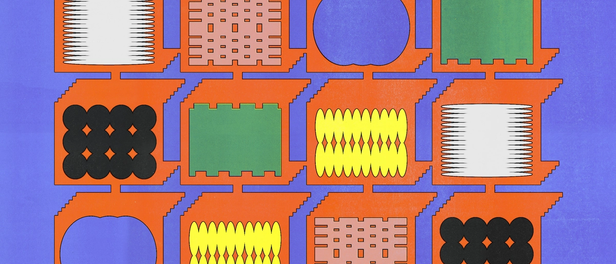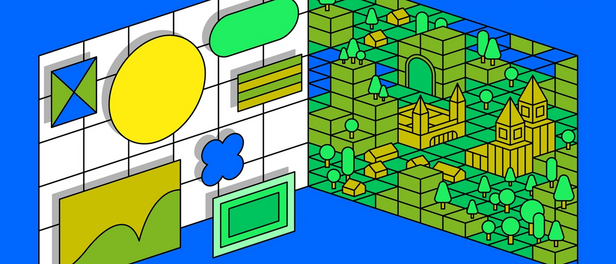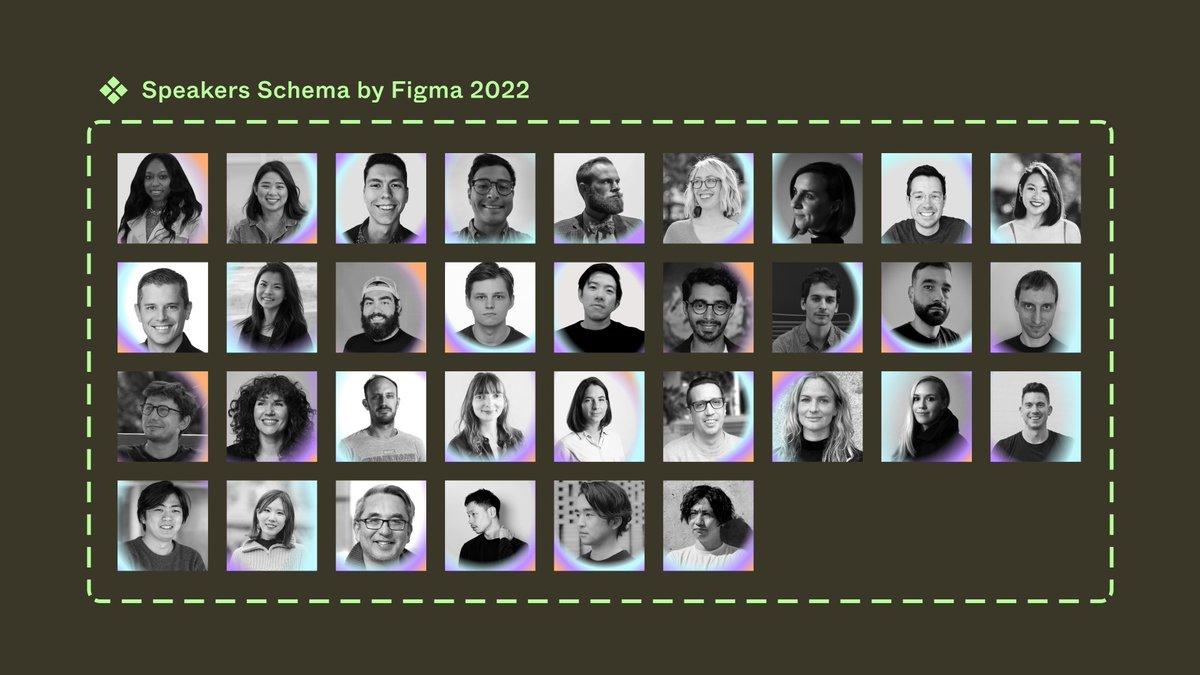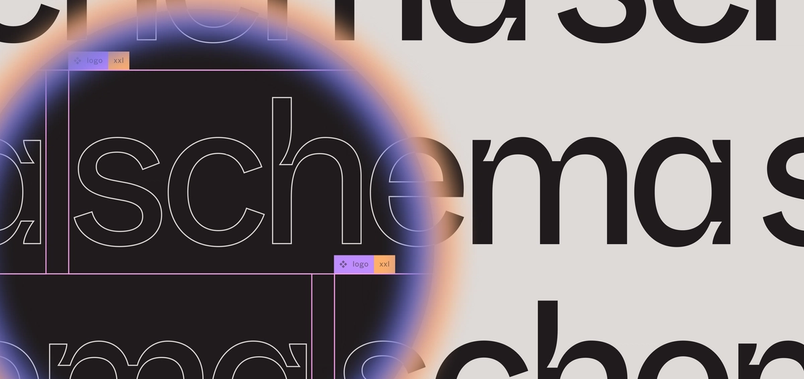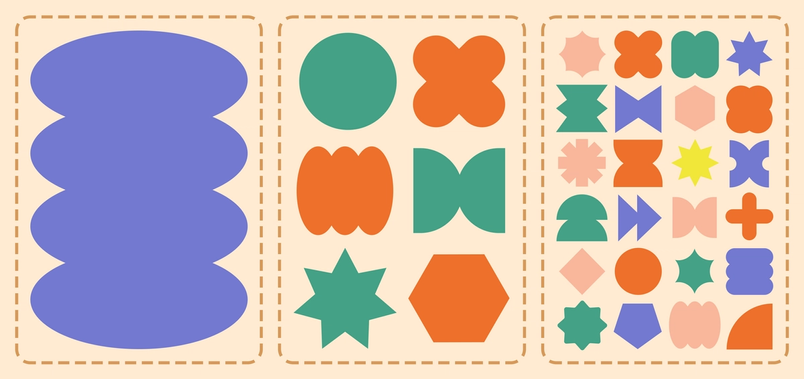A sneak peek at Schema 2022
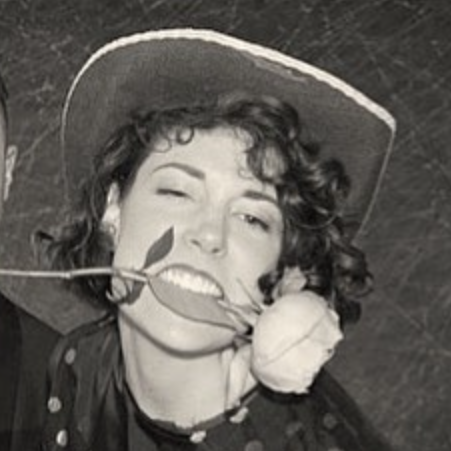
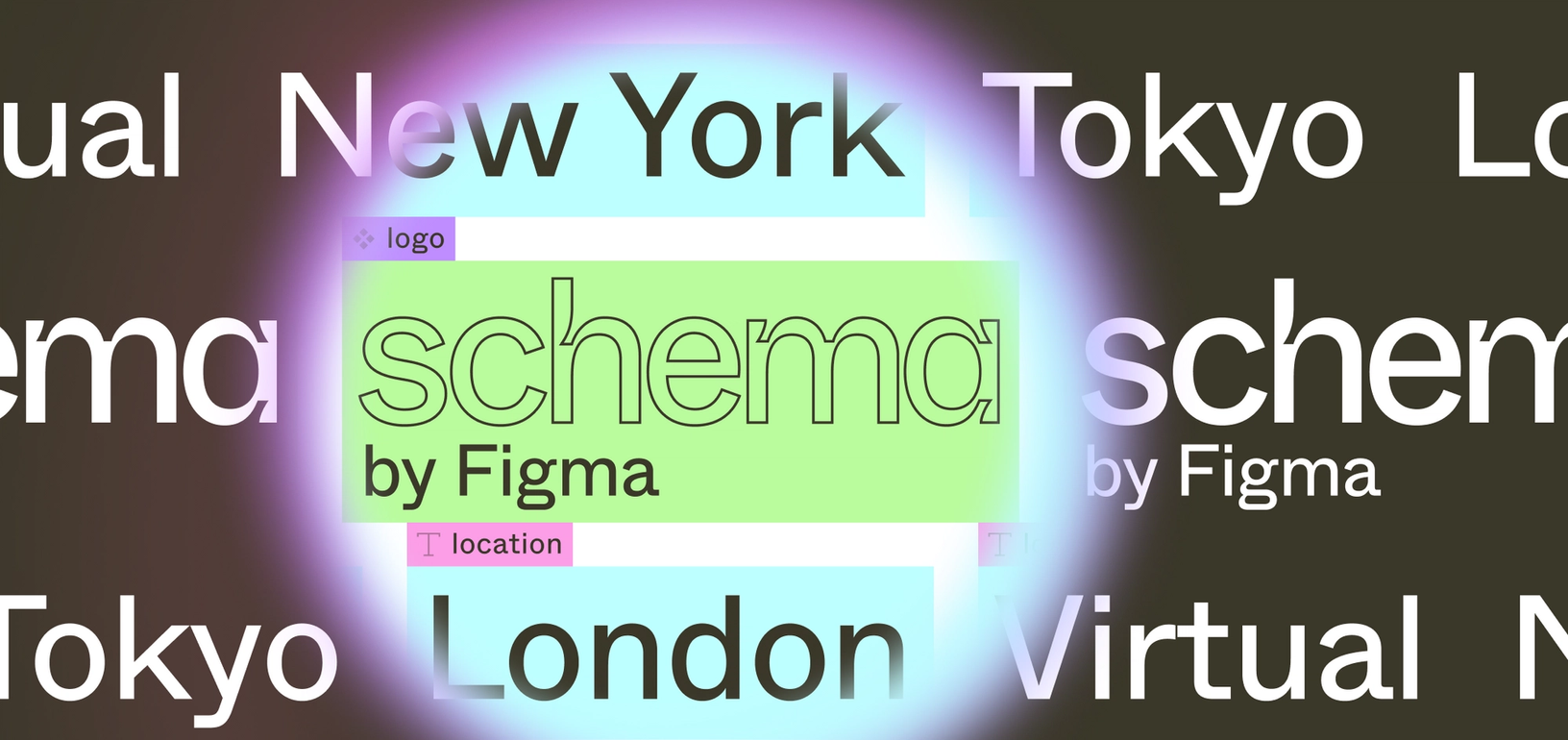
Nerding out on the details, pitching plugins, and sub-components—the creative team behind Schema tells us what they’re looking forward to this year.
This year we’re taking Schema by Figma, our annual design systems conference, on the road to host three in-person events in New York, London, and Tokyo, as well as a virtual event for the location agnostic. With so much to look forward to, we wanted to get our community prepped and primed with a sneak peek of the themes and talks our team is especially excited to see.
Three cities, one virtual event, a whole lot of design systems content
Schema will kick off in-person in New York later this month before making stops in London and Tokyo, featuring bespoke lineups in each city with speakers representing a broad range of design expertise and focus.
While the event will be invite-only, those who want to attend can apply online. Outside of the event programming, we’ll be hosting meetups in each city for those looking to connect with their local design communities. And if you’re unable to attend in person (or just can’t get enough Schema), there will be a virtual livestream to wrap up the roadshow.
Nerding out on the details
While Config, our annual user conference, offers a space to talk about design writ large, Schema goes deeper on design systems, offering a space to explore unique opportunities and challenges. “I love that Schema is super niche, that it’s this subset of a conference,” says Rogie King. “The specificity allows speakers and attendees to really hone in on the topic.”
The team has worked hard to ensure that there’s something for every altitude of the design systems community. “It’s a perpetual challenge because you're trying to find that right balance between making sure that talks feel innovative, while also understanding that for many, design systems are still entirely new,” says London-based designer advocate Hugo Raymond of the talk selection process.
Creative cross-pollination
Creating and maintaining a design system requires a diverse set of skill sets. It’s also particularly good for bringing designers and developers together. “There’s a particular type of energy that culminates during Schema between designers and developers,” says Anthony DiSpezio. “Designers start sharing ideas for extensions and integrations, while developers share some of the amazing things they’re building. All that culminates during Schema.”
W3C Design Tokens Community Group
Design Tokens are a technology-agnostic methodology, architecture, & process for scaling design across tools, devices, and platforms. The Design Tokens Community Group's goal is to provide standards upon which products and design tools can rely for sharing stylistic pieces of a design system at scale.
“As a software engineer, my connection to design has always been through design systems,” says developer advocate Jake Albaugh. “There’s a lot of commonality there, in terms of the language proximity and how we think about these systems.” On his must-watch list? Hearing from the W3C Design Tokens Community Group. “The web is awesome, and the people that build standards for it think holistically about internationalization and accessibility years in advance—before they become standards. I'm always interested in hearing how they are approaching these patterns.”
Joel Miller, a product designer working on developer tools at Figma, is particularly interested in learning more about the challenges within design and developer collaboration. “How do teams approach developer handoff? What other tools do teams use to improve the relationships between designers and developers? What are teams doing to achieve parity across their design systems in code and in Figma?” (Find him at Schema in London talking about developer handoff or, if you’re a developer, how you use Figma.)
Building on top of existing systems
An explosion of plugins has found a home at Schema, where creators show off custom tools that make it easier to apply their designs. That’s been the journey for Uber, who will be presenting at Schema in New York. “They started out with all these problems: People weren’t using the right colors or detaching components,” says Tom Lowry. "They built individual utilities to help, and that gave them a lot of insight as to where designers were hitting roadblocks with their system. That, in turn, has informed the building of a mono-plugin, which has increased the accuracy of their designs.”
One of the highlights from last year was the Netflix team showing what they achieved with a large team and abundant resources, followed by a presentation by Jan Toman, from a team of two, who demonstrated what can be done with very few. This year Schema will continue that theme, showing how teams of one or many can push the boundaries of what’s possible using custom tools and plugins.
“I'm seeing themes around ownership, shared accountability, and collaboration show up in talks about mobile and plugins,” says Clara Ujiie. “Design systems as a practice is already evidence of ownership, but the upcoming talks display an extra sense of care for these touch points.”
Authenticity over success
Don’t expect every story to be a success story. “One thing I love about Figma’s programming is that we encourage our speakers to share their whole truth—we don’t want a perfectly packaged, flawless story,” says events programming manager Alyssa Sleadd.
“A common question we hear is, “Why is no one using our components?” says Figma Designer Advocate Luis Ouriach. “Reassuringly this is an industry-wide problem!” He notes that at Schema in London, the Farfetch team will share how they conducted research to understand the success of their design system. “I'm really excited to see how they applied core product design principles to their own product. The result was really positive for them, and I can see this being quite a common approach for other larger teams going forward.”
Seeing everyone IRL (and online)
It comes as no surprise that the team is most excited about spending time with the community. “I literally used to go to conferences to nonference—just to be around the people. I just want to get to know them better as people,” says Rogie. “There’s an incredible energy when all these people come together to learn from each other,” says Vanessa Chung. And it doesn’t end in New York. It keeps going—in Tokyo, in London, and then online for the rest of the world. That momentum is so special.”
There’s an incredible energy when all these people come together to learn from each other.
After all, any design system is a reflection of the people who use it. And it takes a village to build and shape its future. “I think it always comes back to how much the people are part of a system,” says Anthony. “And we’re seeing a lot of people starting to elevate the conversation away from just talking about the systems to talking about the people that make them as well.”
Talks! Talks! Talks!
As for some anticipated favorites?
- Clara & Alyssa: Jules Forrest’s talk (Designing a community-driven design systems roadmap) on how she uses design systems as a way to build a culture that lifts up her team and brings along stakeholders.
- Jake: “Naomi and Su on component props from an engineering perspective! Watching our language and tooling evolve in this space has me excited for the future.”
- Jacob: “I am most excited for Nathan Curtis's talk on sub-components. The dude's brilliant, and he's just an amazing expert in the field.”
- Chad: “Would it be cheating if I said that I’m truly excited about each and every talk?” (Alright, we’ll let this one slide, Chad.)
